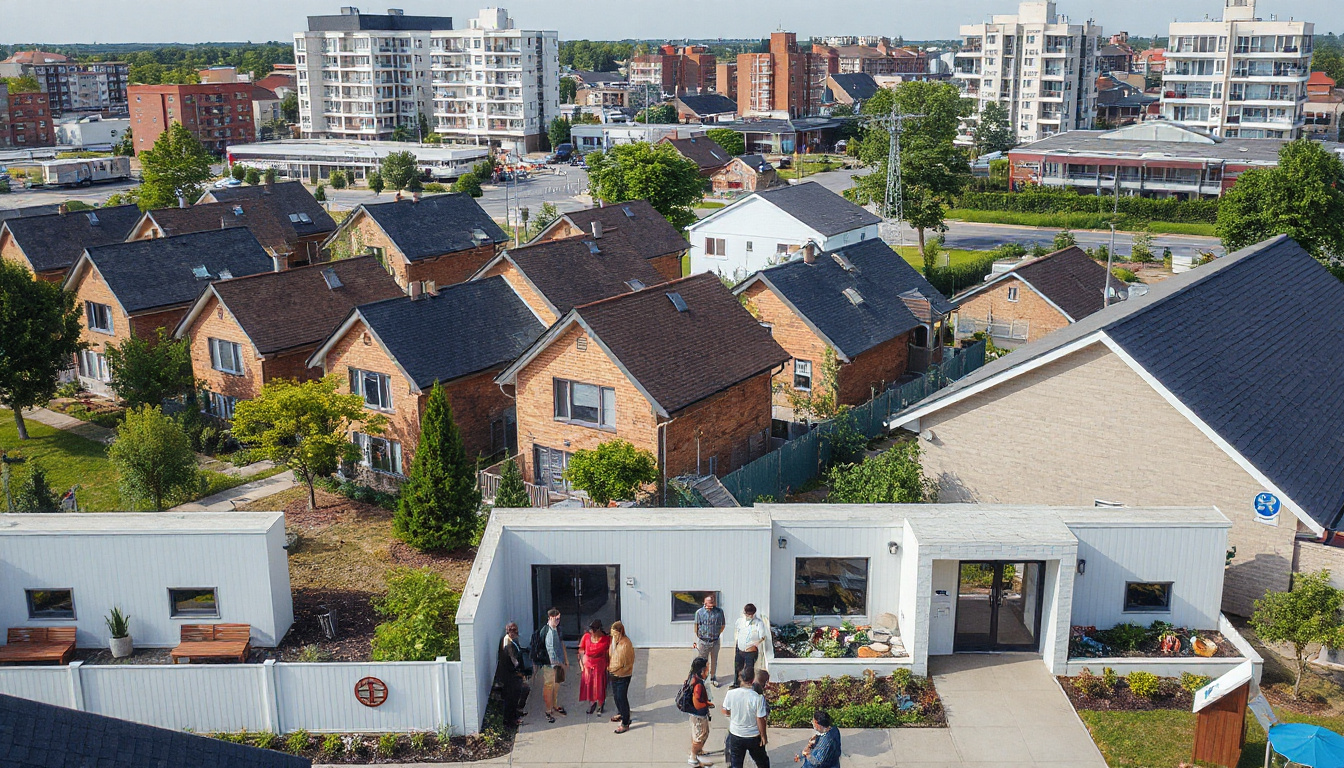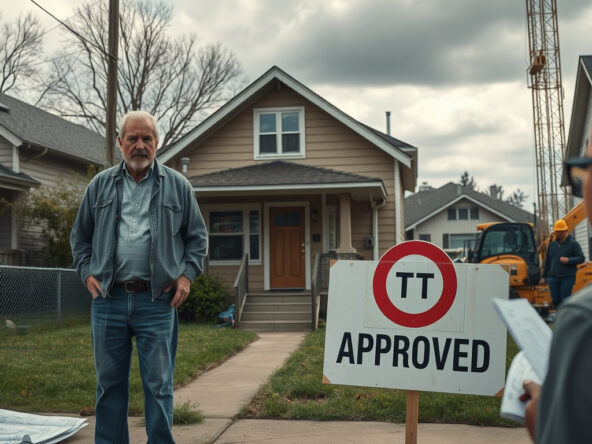Woking Council Proposes Extension of HMO Licensing to Smaller Properties
Woking Borough Council, situated in the county of Surrey and responsible for municipal governance, currently contemplates—a proposal that redefines statutory licensing provisions—a comprehensive extension of licensing conditions traditionally applicable only to Houses in Multiple Occupation, in such a manner that even properties of relatively smaller size, which house three or more residents who share common facilities such as cooking areas and sanitary installations, become subject to licensing mandates that the existing UK law, prescribing licenses solely for HMOs with a minimum of five occupants, does not require.
The council initiates a consultation period that solicits extensive input from landlords, tenants, and local residents until the termination of August, a process further supplemented by scheduled in-person events in the month of July, and if, following a meticulous review of all gathered feedback, the proposed licensing framework is ratified by the appropriate bodies, its new provisions are slated to become operative as of January in the year 2026. This proposal, which ostensibly targets the fortification of housing standards, the protection of tenant rights, and the stabilization of dwelling environments, concurrently confers upon the council augmented administrative oversight over those landlords managing HMOs in contravention of prescribed statutory norms, while the fact that over twenty percent of Woking’s population resides in the private rented sector further contextualizes the measure as an embodiment of the council’s long-standing commitment to maintaining quality residential arrangements under shared accommodation conditions.
Implications for Property Investors and Landlords
For property investors and landlords engaged in the management or financial structuring of HMOs, the envisaged regulatory adjustment introduces a supplementary mandate that compels them to secure appropriate licensing under a regime demanding demonstrable adherence to stringent safety protocols and nuanced management standards, a requirement that, while inexorably increasing the complexity of administrative procedures, might simultaneously produce a measurable amelioration in tenant housing conditions and a subsequent augmentation in property capital value, obliging prospective market participants to monitor consultation proceedings with diligence and prepare for the ensuing regulatory compliance, all while affording tenants and residents a framework of more reliably sustained housing.
Summary
In summation, the proposed extension—targeting the inclusion of smaller shared houses within the licensing remit—articulates a significant reconfiguration of regulatory practices in the Surrey borough, a reconfiguration that currently invites comprehensive community input and, if eventually endorsed, is scheduled for implementation in early 2026, thereby signifying a pivotal regulatory transition for landlords and property investors operating within the private rented sector.



